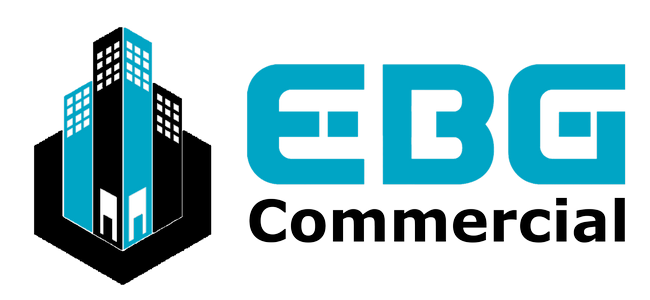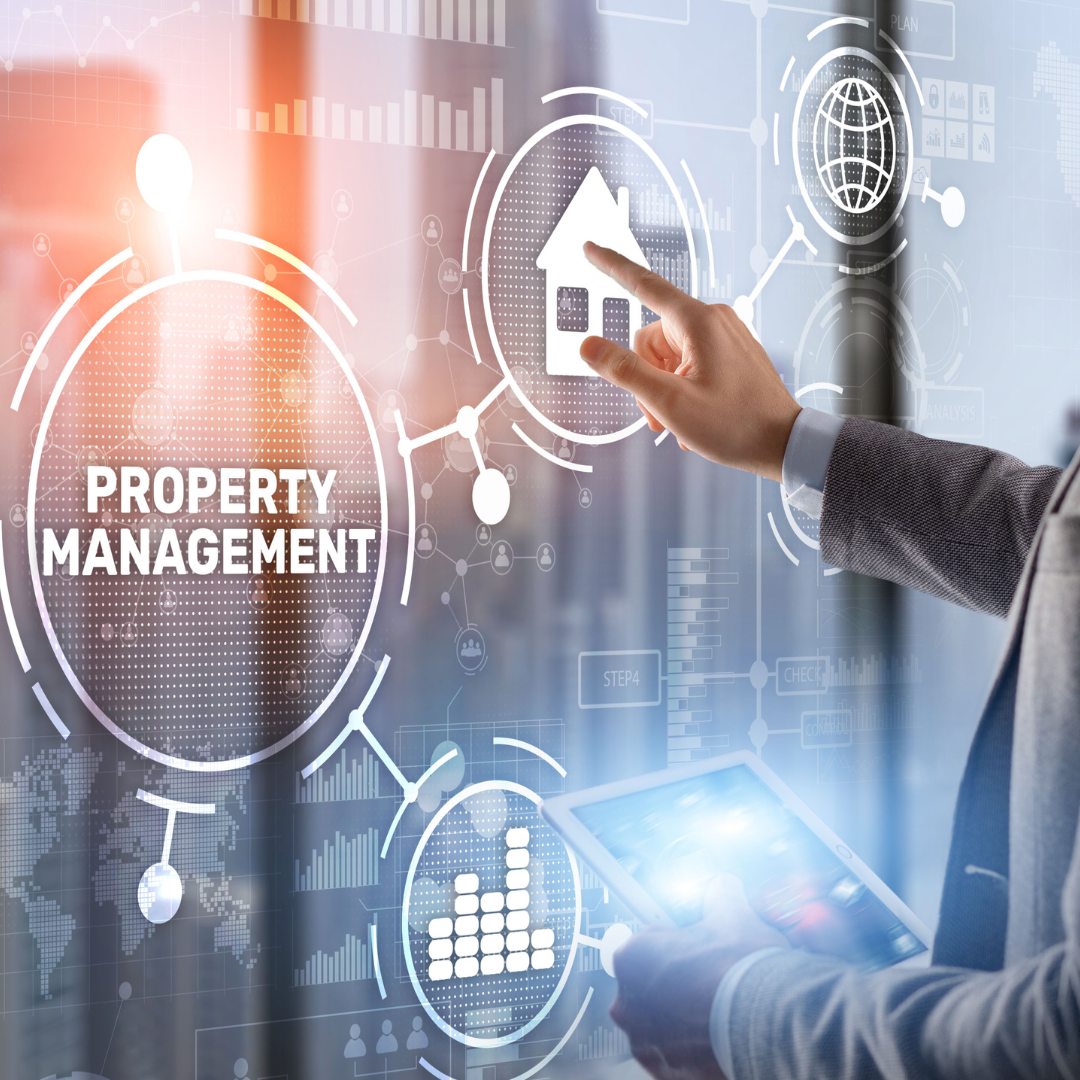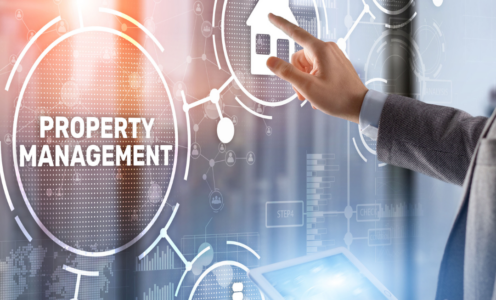The Role of Technology in Modern Property Management
The property management industry, once reliant on paper trails and face-to-face interactions, has undergone a significant transformation in recent years. At the heart of this change is technology, which has revolutionized the way property managers handle day-to-day operations, interact with tenants, and maintain properties. From streamlining processes to enhancing communication, technology has become an indispensable tool for modern property management. This blog post explores the critical role of technology in property management and how it continues to shape the industry’s future.
Streamlining Operations with Property Management Software
One of the most impactful technological advancements in property management is the development of comprehensive property management software (PMS). These platforms have become the backbone of property management, providing a centralized hub for various tasks such as rent collection, maintenance scheduling, lease management, and financial reporting. Gone are the days of manual bookkeeping and juggling multiple spreadsheets; PMS allows property managers to handle all aspects of their business from a single, user-friendly interface.
For example, platforms like AppFolio, Buildium, and Yardi offer automated rent collection features, ensuring timely payments and reducing the likelihood of human error. These systems also provide real-time financial reporting, giving property managers insights into their financial performance and allowing them to make informed decisions. Moreover, PMS can integrate with other tools and services, such as accounting software and tenant screening services, further streamlining operations and saving valuable time.
Enhancing Communication with Tenants
Effective communication is the cornerstone of successful property management. Technology has made it easier for property managers to stay in touch with tenants and address their concerns promptly. Traditional methods of communication, such as phone calls and physical mail, have been supplemented or even replaced by digital channels like email, SMS, and dedicated tenant portals.
Tenant portals, in particular, have become a game-changer in property management. These online platforms allow tenants to submit maintenance requests, pay rent, and communicate with property managers from the convenience of their devices. For property managers, this means fewer missed communications and a more organized way to track and respond to tenant needs. Additionally, automated communication tools can send reminders for rent payments, lease renewals, and other important dates, reducing the administrative burden on property managers and improving tenant satisfaction.
Improving Maintenance Management
Maintenance is a critical aspect of property management that can significantly impact tenant satisfaction and property value. Technology has revolutionized how property managers handle maintenance tasks, making the process more efficient and transparent.
Modern property management software often includes maintenance management features that allow property managers to track maintenance requests, assign tasks to vendors, and monitor the progress of repairs. These systems can also store detailed records of maintenance activities, providing a comprehensive history that can be invaluable for property owners and future decision-making.
In addition to traditional maintenance management tools, emerging technologies like the Internet of Things (IoT) are taking maintenance to the next level. IoT devices, such as smart thermostats, water leak detectors, and security cameras, can provide real-time data on the condition of a property. This data allows property managers to identify and address potential issues before they escalate into costly repairs. For example, a smart thermostat can alert a property manager to irregular temperature patterns, indicating a possible HVAC issue that needs attention.
Data-Driven Decision Making
In today’s data-driven world, property managers have access to more information than ever before. Technology has enabled the collection and analysis of vast amounts of data, allowing property managers to make more informed decisions and optimize their operations.
Property management software typically includes robust reporting and analytics tools that provide insights into various aspects of a property’s performance. These tools can track occupancy rates, rental income, maintenance costs, and other key metrics, helping property managers identify trends and areas for improvement. For example, data analysis might reveal that certain types of maintenance requests are more common in specific units, indicating a need for preventative maintenance or upgrades.
Beyond internal data, property managers can also leverage external data sources to inform their decisions. Market analysis tools can provide information on rental rates, vacancy trends, and economic indicators in a specific area, helping property managers set competitive rents and make strategic investments. Additionally, predictive analytics can forecast future trends, such as rental demand or maintenance needs, allowing property managers to proactively address potential challenges.
Increasing Efficiency with Automation
Automation is a powerful tool that has the potential to transform property management by reducing manual tasks and increasing efficiency. By automating routine processes, property managers can focus on more strategic activities, such as tenant retention and property improvements.
Many property management software platforms offer automation features for tasks like rent collection, lease renewals, and late fee assessments. For example, an automated rent collection system can send reminders to tenants, process payments, and update financial records without any manual intervention. Similarly, lease renewal reminders can be automatically sent to tenants, ensuring that renewals are handled promptly and reducing the risk of vacancies.
Automation can also extend to maintenance management. For instance, property managers can set up automated workflows that trigger maintenance requests when specific conditions are met, such as a temperature threshold being exceeded or a sensor detecting a water leak. These automated systems can notify the appropriate vendors and track the progress of the repair, ensuring that issues are resolved quickly and efficiently.
Enhancing Security and Compliance
Property managers are responsible for ensuring the safety and security of their properties and tenants, as well as complying with various regulations. Technology has introduced new tools and systems that enhance security and help property managers stay compliant with the law.
Smart security systems, including surveillance cameras, access control systems, and alarm systems, provide property managers with real-time monitoring capabilities and the ability to respond quickly to security threats. These systems can also be integrated with mobile devices, allowing property managers to monitor their properties from anywhere.
In terms of compliance, property management software can help property managers stay on top of legal requirements, such as fair housing laws, safety regulations, and lease agreements. Automated compliance checklists and reminders ensure that property managers do not miss important deadlines or overlook critical tasks, reducing the risk of legal issues and penalties.
Adapting to Remote Work and Virtual Tours
The COVID-19 pandemic accelerated the adoption of remote work and virtual tools in many industries, including property management. Property managers have had to adapt to managing properties and interacting with tenants remotely, and technology has played a crucial role in making this possible.
Virtual tours have become an essential tool for property managers, allowing prospective tenants to view properties without the need for in-person visits. These tours can be conducted through video calls, pre-recorded videos, or 3D walkthroughs, providing a convenient and safe way for tenants to explore properties. Virtual tours not only save time for both property managers and tenants but also widen the pool of potential tenants by making properties accessible to those who may be located far away.
Remote work tools, such as video conferencing, cloud-based document storage, and digital signatures, have also become indispensable for property managers. These tools enable property managers to communicate with tenants, vendors, and property owners, sign documents, and access important information from anywhere with an internet connection.
Conclusion
Technology has undoubtedly transformed the property management industry, providing property managers with powerful tools to streamline operations, enhance communication, and make data-driven decisions. As technology continues to evolve, property managers who embrace these advancements will be better equipped to meet the challenges of modern property management and provide exceptional service to their tenants and property owners. Whether through property management software, IoT devices, automation, or virtual tools, technology is shaping the future of property management, making it more efficient, secure, and responsive than ever before.


